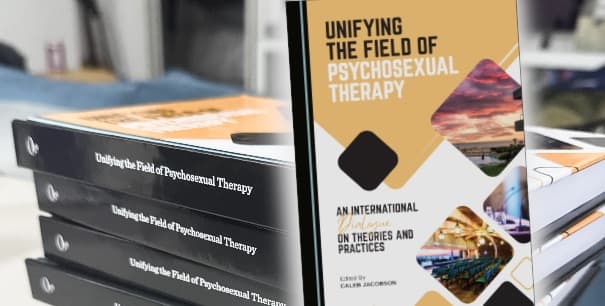Sex & Autism 4: Foundation of Healthy Relationships
Healthy relationships with a partner with autism include the following characteristics
- consent
- communication
- discussions around touch and other sensory issues
- sharing of likes and dislikes
- discussion of expectations and patterns
- trust and intimacy
- being emotionally open, honest, and respectful
- being physically respectful
- honesty, equality, and empathy
- understanding the role you want your partner to be in your life
Healthy Sexual Relationships
Healthy sexual relationships have all the same characteristics as any other relationship. Interacting with a person’s sexuality involves stroking, caressing, and exciting the largest sex organ in the body: the brain. Fostering closeness and increasing trust and intimacy are the fist steps in the process to feeling safe to be sexual with yourself or another person. Understanding your partner’s feelings around touch are paramount to negotiating many of the underlying elements of a relationship.
Sexual feelings are natural and not something anyone should be ashamed of. It is also natural for a person not to have sexual feelings. People should never be made to feel shame or guilt for their sexuality. Expressing sexuality can be extremely healthy for a person with autism. Sexual satisfaction helps to improve self esteem and mental health. A person with autism may find sexual behaviors help reduce anxiety or stress which can lead to an overall healthier life.







